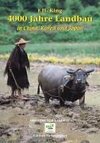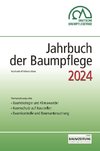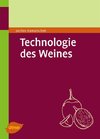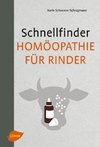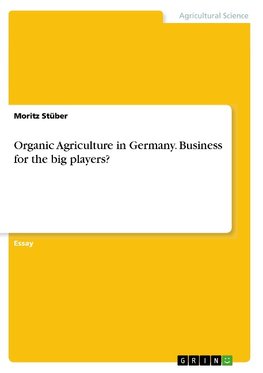
-
 Anglický jazyk
Anglický jazyk
Organic Agriculture in Germany. Business for the big players?
Autor: Moritz Stüber
Essay from the year 2017 in the subject Agrarian Studies, grade: 2,7, University of Hohenheim (Institut für Sozialwissenschaften des Agrarbereichs), language: English, abstract: The history of organic agriculture (OA) in Germany is not only based on the... Viac o knihe
Na objednávku, dodanie 2-4 týždne
14.76 €
bežná cena: 16.40 €
O knihe
Essay from the year 2017 in the subject Agrarian Studies, grade: 2,7, University of Hohenheim (Institut für Sozialwissenschaften des Agrarbereichs), language: English, abstract: The history of organic agriculture (OA) in Germany is not only based on the lectures of its founder Rudolf Steiner. OA in its present status as a developed economic branch is far more, for example the result of ecological and political movements against globalisation and intensification in the 70's (rise of the "Greens"). Economic and environmental failure, as in the 1973 oil crisis or agricultural chemical-technical intensification led to a deepening of environmental topics and social acceptance. With these societal changes, the basis for an ecologically and socially fair production was set. New political structures and decisions in the late 80's and early 90's boosted OA in Germany. Eastern German organic farmers restructured and enforced themselves to an enhancement of German agriculture, after the Wall Fall 1989. The EU-regulation on organic farming in 1991, decisively shaped the structure and turned OA to a lucratively subsidised business. In the following years until today, OA in Germany was
skyrocketing in farming and production, as well as in consumption. From a niche product in the 80's to economic importance in the new millennium, organic products entered the mainstream market. Today, Germany is Europe's biggest organic consumer and its fourth biggest organic producer. The demand for organic products is exceeding national supply, therefore Germany is also the second biggest importer of organic products. Wholesaler, conventional food retailer and organic retail chains realised the market value of organic products. Thanks to conventional super markets, organic products are now obtainable everywhere. Organic retail chains, such as
"Alnatura" or "Denn's" are still expanding, opening new branches and increasing their assortment. Individual organic food stores and direct marketing are not holding the upward trend and getting displaced by organic retail chains. The difference between conventional and organic food retailers is shrinking. At the same time, consumer behaviour is leaning towards organic products, but still with the conventional point of view of cheapness and convenience. These double standards are symptom and evidence of a fully developed organic market. Organic products found their place in German society, not because of a complete understanding of original ideals, but rather because of the alignment of OA towards the consumer's behaviour.
- Vydavateľstvo: GRIN Verlag
- Rok vydania: 2018
- Formát: Paperback
- Rozmer: 210 x 148 mm
- Jazyk: Anglický jazyk
- ISBN: 9783668818255

 Nemecký jazyk
Nemecký jazyk 